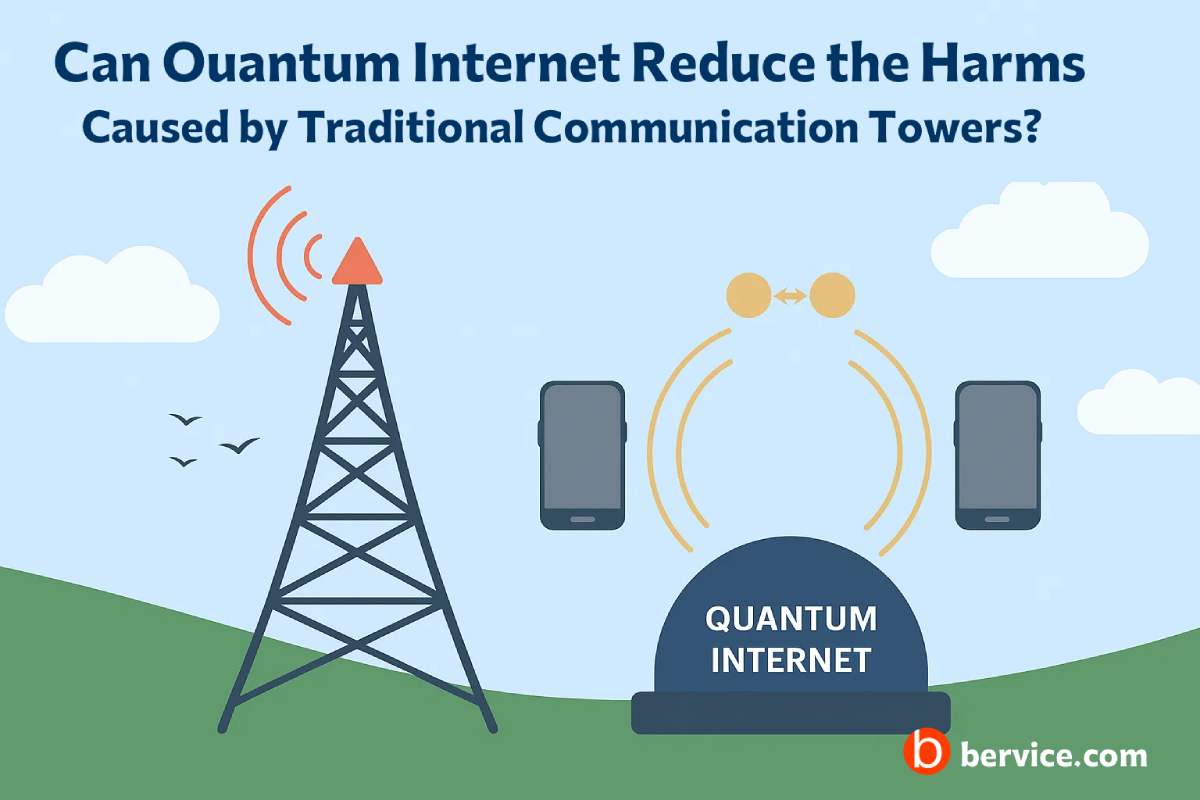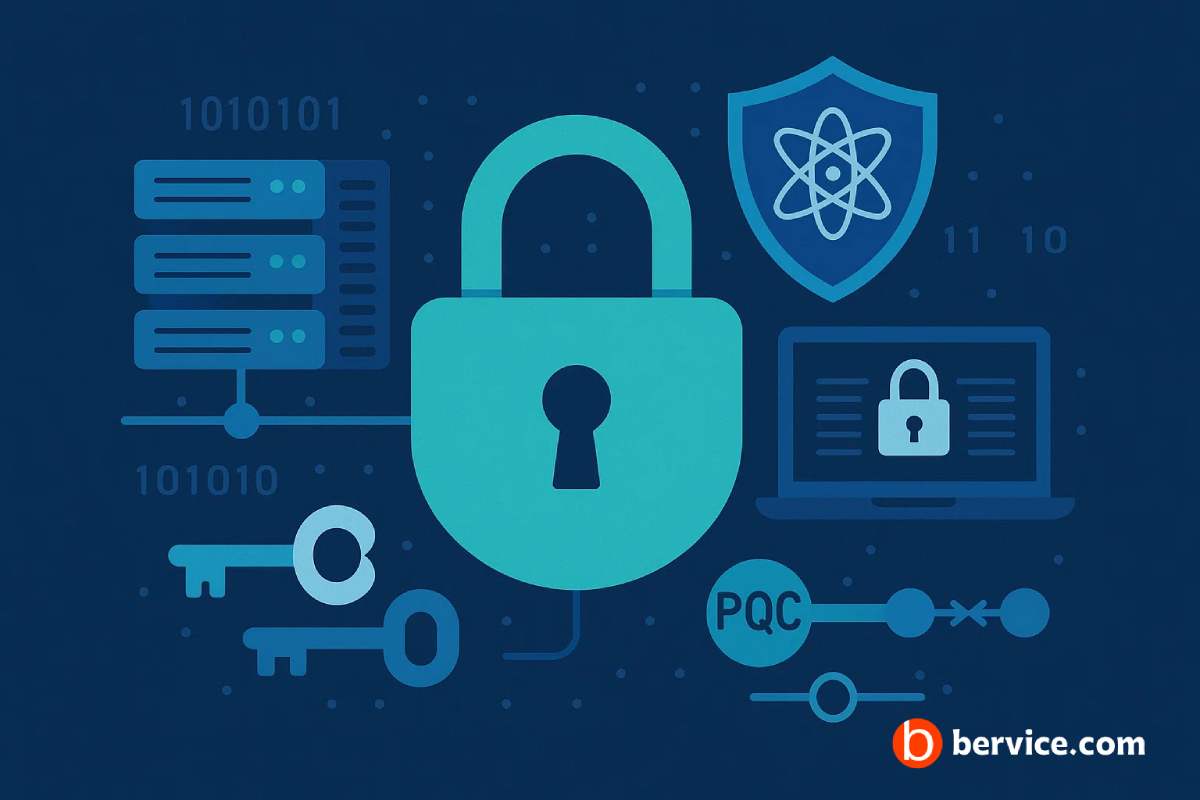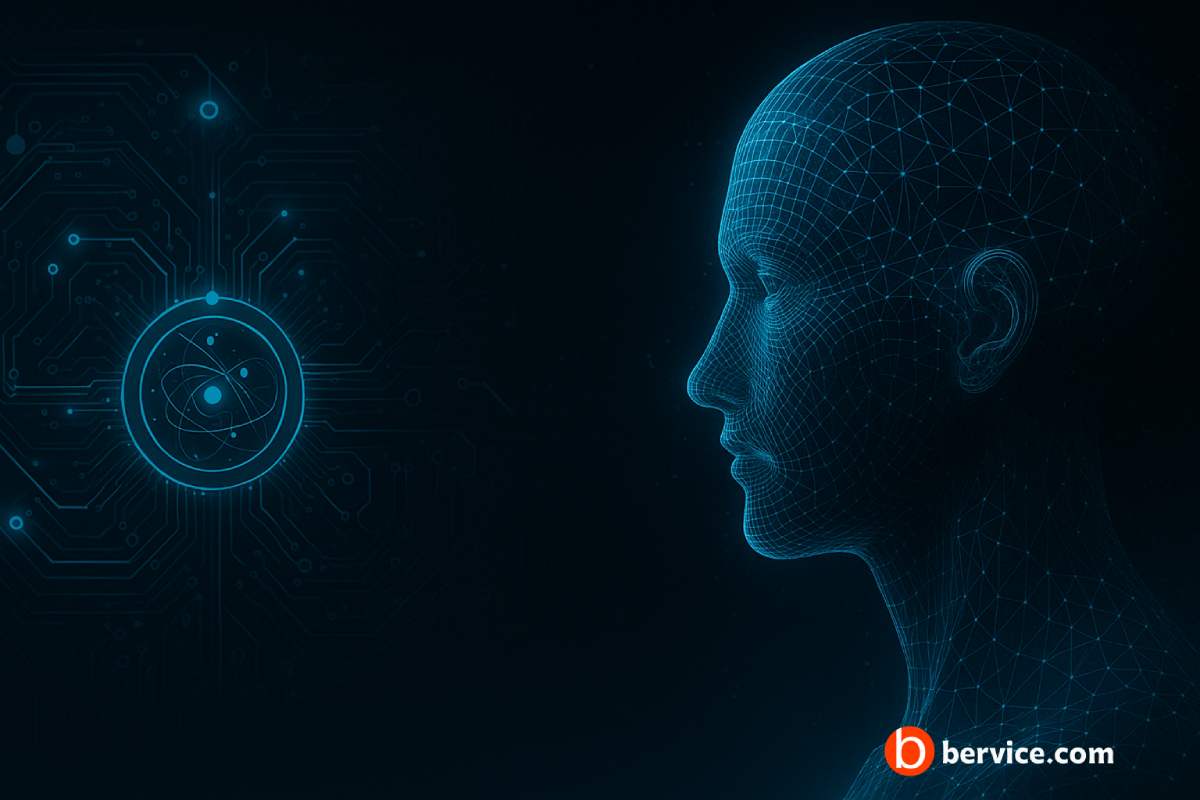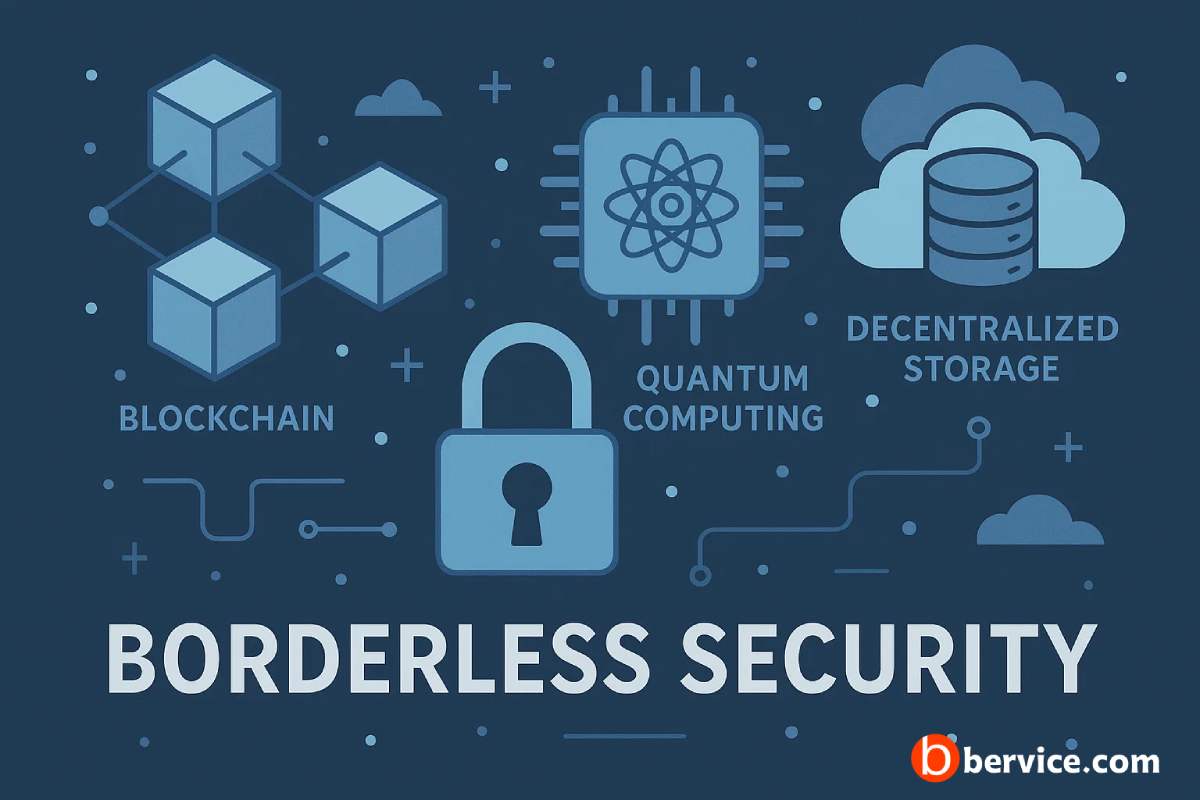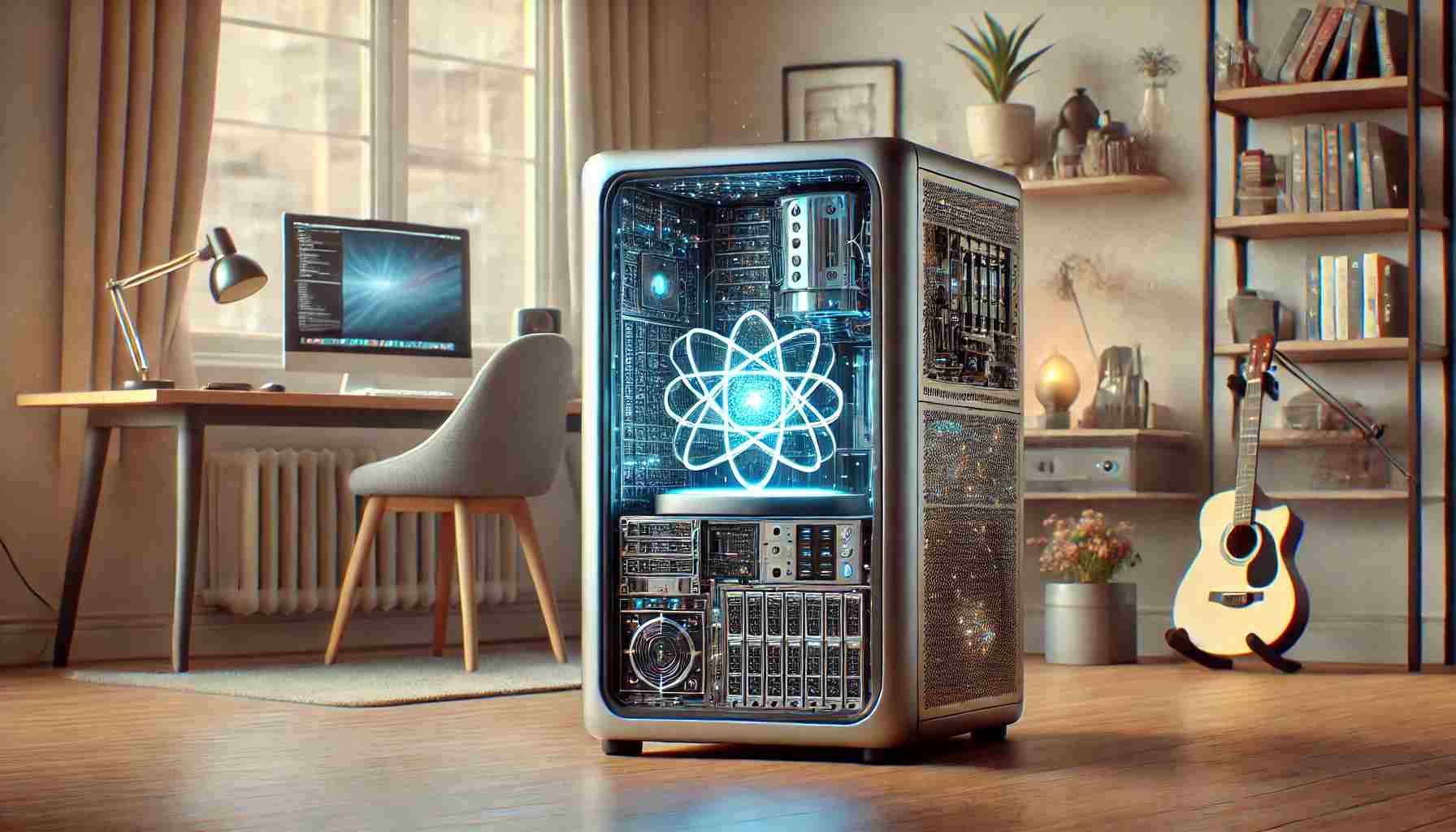
As we step further into the future of computing, one of the most exciting areas of development is quantum computing. Initially considered a distant possibility, quantum computers are now beginning to take shape, and there is growing speculation about their role in our everyday lives. One intriguing question is: Will quantum computers eventually become a part of the household? How close are we to having quantum computers in homes, and what might they look like when they do arrive?
What is Quantum Computing?
Before diving into the future of quantum computers in homes, let’s first understand what quantum computing is. Traditional computers process information in bits, which are binary and exist in one of two states: 0 or 1. Quantum computers, on the other hand, use quantum bits or qubits. Qubits can exist in multiple states simultaneously due to the principles of quantum mechanics—superposition, entanglement, and interference.
This ability allows quantum computers to process an enormous amount of information at once, making them ideal for solving complex problems that classical computers struggle with, such as simulating molecular interactions for drug discovery or optimizing large-scale systems.
Theoretical Possibilities for Home Quantum Computers
At the moment, quantum computing is still in the early stages. Large, cumbersome quantum computers require extremely cold temperatures and sophisticated machinery, making them impractical for home use. However, the possibilities of having a quantum computer in your living room could become a reality in the coming decades. Here’s how:
- Miniaturization: One of the main challenges in quantum computing today is the size of the hardware. Current quantum computers require expansive infrastructure, including refrigeration systems to keep qubits stable. However, research is underway to create smaller, more compact quantum processors that could one day fit into a home setup.
- Quantum Cloud Computing: Even if personal quantum computers aren’t feasible right now, quantum cloud computing might pave the way for widespread access. Cloud quantum computing allows users to access powerful quantum machines over the internet. This could enable consumers to use quantum computing for their daily tasks without needing the actual hardware in their homes.
- Practical Applications: If quantum computers become small enough for home use, their practical applications could revolutionize the way we interact with technology. Imagine solving complex optimization problems in seconds, simulating chemical reactions for better pharmaceuticals, or even improving AI systems with the computational power of quantum mechanics.
Challenges in Bringing Quantum Computers Home
- Technological Barriers: The most significant hurdle to the development of home quantum computers is the current technological limitations. Qubits are highly fragile, and maintaining their coherence (the state in which qubits can be used for computation) is incredibly challenging. Achieving the necessary stability for long periods remains a fundamental issue.
- Cost: Quantum computers are expensive. The current models cost millions of dollars, and even if the technology improves, it may take years before a consumer-grade quantum computer is affordable. Quantum cloud services are more likely to be accessible first, with individuals paying for access on a subscription or pay-per-use basis.
- Quantum Programming: Programming for quantum computers is also a complex and specialized task. Quantum algorithms require different programming languages and tools, which could create a barrier to widespread use in homes. However, as the technology matures, it’s likely that user-friendly quantum programming environments will be developed.
When Will Quantum Computers Be in Our Homes?
It’s impossible to predict exactly when quantum computers will be available for home use. Experts in the field estimate that it could take anywhere from 10 to 30 years before quantum computing becomes mainstream enough for individuals to have personal devices in their homes. In the meantime, quantum cloud computing will likely bridge the gap, providing users with access to quantum power through online platforms.
Conclusion
Quantum computers hold the potential to revolutionize numerous fields, from medicine to artificial intelligence. While the dream of having a quantum computer in every home is still far off, advancements in the field of quantum computing, miniaturization, and quantum cloud computing suggest that this technology could eventually become an integral part of everyday life.
As with any breakthrough technology, there are still many hurdles to overcome. However, with continuous research and innovation, the reality of quantum computers in our homes may not be as distant as it seems.
Connect with us : https://linktr.ee/bervice
